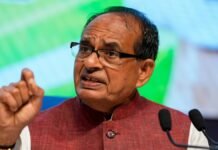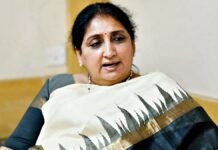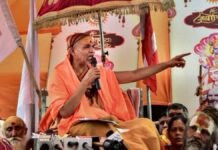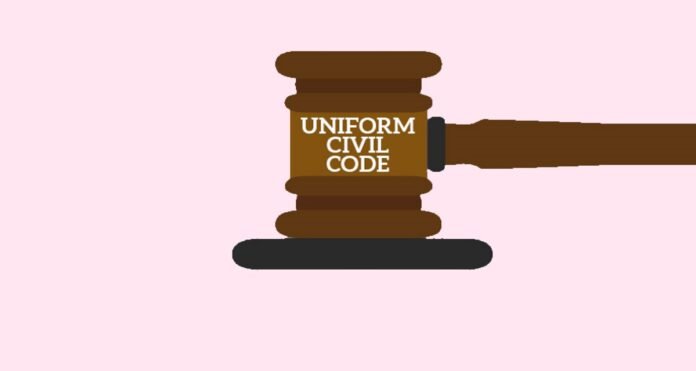
Dehradun: Uttarakhand is set to become the first state in India to implement the Uniform Civil Code (UCC), a common set of laws governing personal matters such as marriage, divorce, inheritance, adoption, and maintenance. The UCC Draft Committee, headed by former Chief Justice of Uttarakhand High Court Ramesh Ranganathan, submitted the draft report to Chief Minister Pushkar Singh Dhami on Friday. The draft will be presented in the state assembly for approval soon.
The UCC Draft Committee was formed in 2020 by the previous BJP government led by Trivendra Singh Rawat, who had promised to implement the UCC in the state before the 2022 assembly elections. The committee consulted various stakeholders, including religious groups, women’s organizations, legal experts, and civil society members, and received over 1,500 suggestions and objections.
The draft report is divided into four volumes. The first volume contains the report of the committee, highlighting the needs, scope, and challenges of the UCC. The second volume contains the draft code, which consists of 12 chapters and 79 sections, covering various aspects of personal law. The third volume contains the public consultation process and the responses received from different groups. The fourth volume contains the draft code in Hindi.
The draft code aims to ensure gender justice, social harmony, and national integration by providing a uniform and secular framework for personal matters. It also seeks to address some of the existing anomalies and loopholes in the personal laws of different communities. Some of the key provisions of the draft code are:
- Marriage: The minimum age of marriage for both boys and girls will be 21 years so that they can complete their graduation before marriage. There will be mandatory registration of marriage, without which no government facility or benefit will be available. There will be a facility for marriage registration at the village level as well. The draft code also prohibits polygamy and polyandry, and bans practices such as halala and iddat.
- Divorce: The draft code provides equal grounds for divorce for both husband and wife, irrespective of their religion. The grounds include adultery, cruelty, desertion, conversion, unsoundness of mind, venereal disease, leprosy, renunciation of the world, and presumption of death. The draft code also provides for mediation and reconciliation before granting a divorce.
- Inheritance: The draft code grants an equal share in inheritance to both sons and daughters, as well as to the parents and spouse of the deceased. The draft code also abolishes the concept of coparcenary, which gives a preferential right to male members in a joint family property.
- Maintenance: The draft code provides for maintenance to the spouse, children, and parents who are unable to maintain themselves. The amount and duration of maintenance will depend on various factors, such as the income, assets, needs, and liabilities of the parties. The draft code also makes the husband liable to maintain his deceased wife’s parents, if they have no other source of support.
- Adoption: The draft code gives the right to adoption to everyone, regardless of their religion. The draft code also grants the right to adopt to Muslim women, who are currently barred from adopting under their law. The draft code simplifies the adoption process and lays down the eligibility criteria, procedure, and effects of adoption.
- Live-in relationship: The draft code requires the declaration of a live-in relationship, which will be like a self-declaration in a statutory format. The declaration will have legal consequences, such as the presumption of marriage, the legitimacy of children, and entitlement to maintenance.
- Guardianship: The draft code simplifies the process of guardianship in case the child is orphaned, abandoned, or neglected. The draft code also gives the right to custody of children to their grandparents, in case of a dispute between the parents.
The draft code does not include the issue of population control, although there were many suggestions for it. The committee said that it was beyond its terms of reference and that it required a separate legislation.
The UCC has been a long-standing demand of the BJP and the RSS, who claim that it will promote national unity and uniformity. However, it has also faced opposition from various religious and minority groups, who fear that it will infringe upon their laws and customs. The UCC is also one of the directive principles of state policy in the Constitution, which are not enforceable by courts, but are to be followed by the state in making laws.
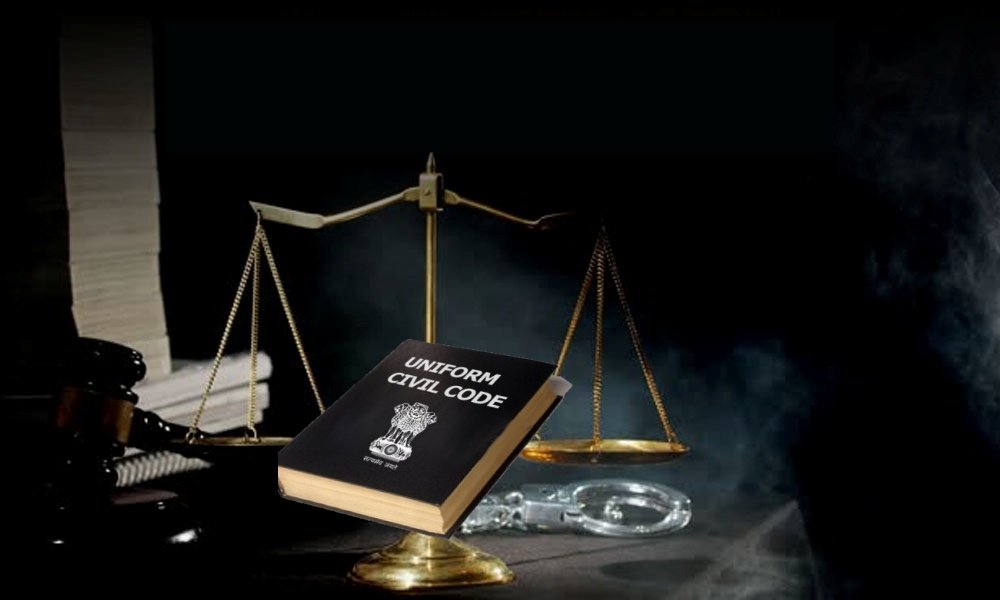
The UCC Draft Committee has appealed to the people of Uttarakhand to accept the draft code with an open mind and a spirit of compromise. The committee has also requested the state government to enact the draft code as soon as possible and set an example for the rest of the country.



